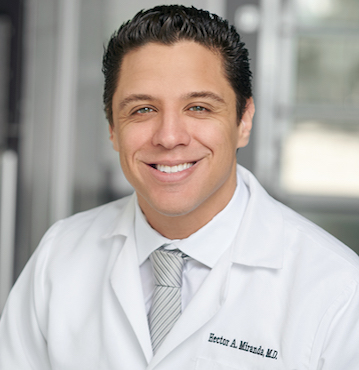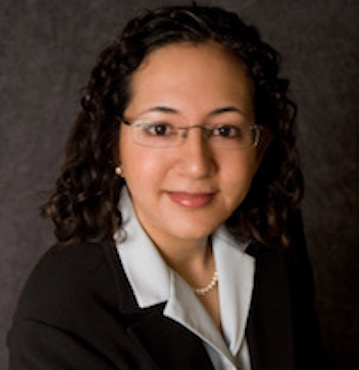
Attentive Reading and Constrained Summarization (ARCS) as a treatment for Wernicke Aphasia
What is Wernicke Aphasia?
The Wernicke’s Area of the brain is the region associated with language comprehension. It plays a role in both the understanding of language and the formation of coherent sentences.
Damages to this area sometimes result in patients who struggle to understand words they see or hear, and subsequently, form and speak sentences that don’t make sense. This is known as Wernicke Aphasis. Although patients with this condition can speak fluently, they are unable to match the correct words to convey their thoughts, resulting in often incompressible utterings.
Treatment with Attentive Reading and Constrained Summarization (ARCS)
One of the main goals in the treatment of Wernicke Aphasia is to improve “lexical retrieval,” the ability to precisely decide which words to use when speaking. There is emerging evidence that discourse-based speech therapy can achieve this, and one example of this form of therapy is Attentive Reading and Constrained Summarization (ARCS). ARCS involves asking patients to “read aloud and verbally summarize portions of a reading passage with constraints,” meaning they use only meaningful and relevant words in their summary, and avoid using nonspecific language (e.g., pronouns, “thing”, “stuff”) or opinions.
The ARCS protocol involves several steps. First, patients are given a short (two or three sentences) paragraph passage to read out loud. Second, the patient re-reads only the first sentence out loud with the intent to summarize. Knowing a summary is required promotes attention to self-monitoring in the patient and primes the semantic system, which should make it easier to retrieve words (lexical retrieval). Third, the patient is given time to re-read that sentence silently for better comprehension. Last, the patient is asked to summarize the sentence out loud using meaningful words and no pronouns. This process is repeated for every sentence, until they are finished with the entire paragraph. When each individual sentence has been read and summarized, the patient then reads the entire paragraph out loud and summarizes it in total using meaningful, relevant words.
While ARCS has many benefits, including how it promotes attention to self-monitoring and prevents the use of “empty words,” it also has some drawbacks. The treatment involves many complex steps, which may be overwhelming to some patients. Also, as a relatively new treatment approach to Wernicke Aphasia, there isn’t yet much research on its effectiveness in large focus groups. In fact, of the successful case studies, many only involve one or two patients. While more research is needed before speech pathologists decide this is an effective form of treatment for this condition, the early evidence of ARCS is promising.
Sources
- Rogalski, Yvonne et al. “Attentive Reading and Constrained Summarization (ARCS) Discourse Treatment for Chronic Wernicke’s ” Aphasiology 27.10 (2013): 1232– 1251. Web.
- Sherwood, Human Physiology : from Cells to Systems / Lauralee Sherwood. 2nd ed. Minneapolis/St. Paul: West Pub. Co., 1993. Print.
Our Doctors
Life Care Planners

Physical Medicine & Rehabilitation, Pain Medicine, Brain Injury Medicine
Dr. Miranda-Grajales
YEARS years of experience




Master of Divinity, Specializing in Neuropsychology
Dr. Brandi Buchanan
YEARS years of experience